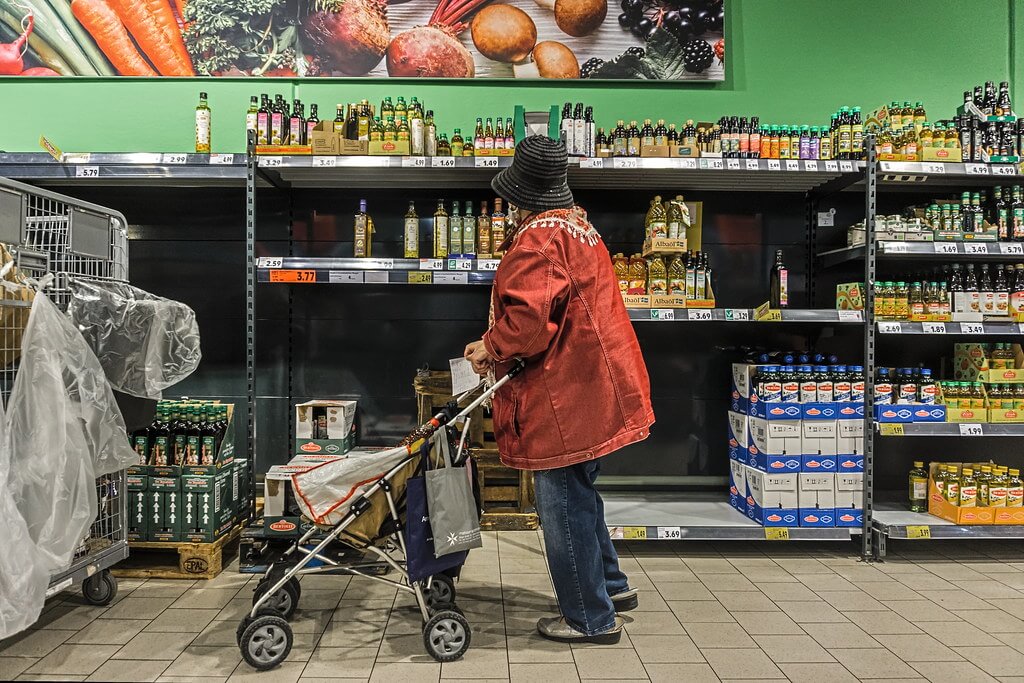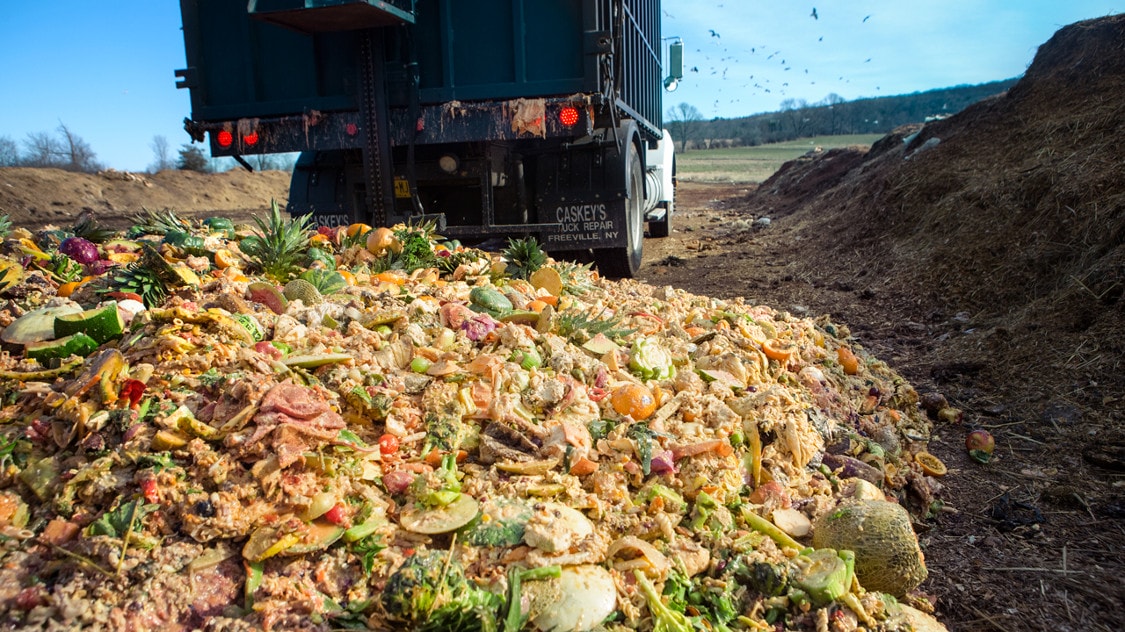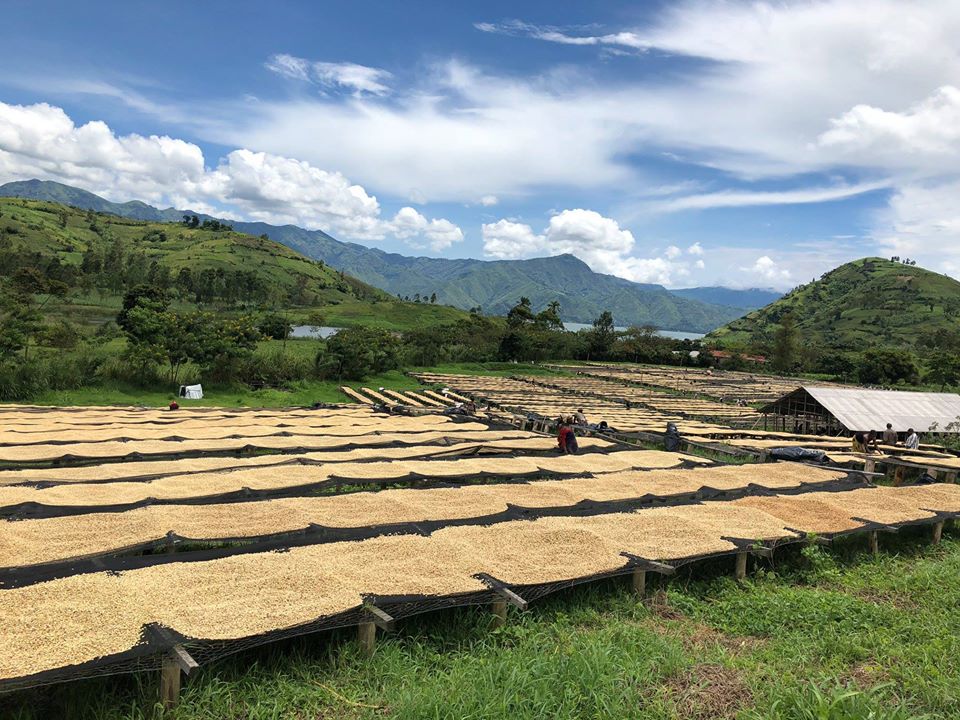
Did your education have an impact on your willingness to engage yourself in the food industry?
Kees Blokland: My commitment to participate in the food industry began during a student internship in Mexico where a group of us studied irrigation projects. My placement was in a Mayan village that did not receive government support for irrigation. The villagers had ten thousand acres of ejido land (communal farmland of a village) where unproductive slash-and-burn farming was practiced and had destroyed all of the original forest land.
I learned that it was the fourth year of harvest failure for the community. This experience impacted my decision to focus on development economics, rural and farmer studies. My studies informed my decision to work for the Food and Agriculture Organization of the United Nations in Latin America, first as a Deputy Representative and then as Chief Technical Advisor.
What are the biggest challenges you face in your work and life and how did you overcome them?
K.B. : The biggest challenge in my work is identifying people who have the necessary skills and shared goals to build ambitious ventures to support rural development and take them to scale. It is challenging at times to overcome the traditional development industry focus on small-scale solutions. I thrive on combining a deep understanding of rural dynamics with an ambition to mobilize all available support to overcome poverty.
This has resulted in my entrepreneurial ventures, such as the Banco del Campo (rural bank in Nicaragua), Via Campesina (worldwide peasant movement), Agriterra (agri-agency), AgriCord (alliance of agri-agencies), Agripool (deployment office of cooperative and farmer organization expertise for international assignments) and Agri-ProFocus (coalition of knowledge institutes, development NGOs and companies to support farmer organizations).
Not all of these ventures were successful, primarily because I did not take enough time to have face-to-face meetings with my prospective coalition partners and analyse if we had the same motivations and objectives for the venture. I have learned how important it is to choose partners whose motivations are aligned in working towards shared objectives and to clearly outline the contributions of each partner in the coalition.
Taking the time necessary to thoroughly get to know prospective coalition partners up front would have helped me identify the most suitable and committed partners. And, addressing in advance any potential challenges that may arise would have enabled me to to solve big agricultural challenges through every collaboration.
I have learned that it is also helpful to apply this approach when working with farmers’ organizations and cooperatives, especially when Agriterra provided funding to the farmers. About five years ago, I came to the realization that development accelerates when farmer involvement increases. This typically happens when instead of waiting for external parties to provide development support, farmers take development into their own hands through hard work and their own capital investments. I recently published about this an article entitled The Tipping Point in Impakter.
At Agriterra, we now choose to work with ambitious and effective cooperatives. When the cooperatives demonstrate a continual commitment to invest in themselves, we in turn either provide them with the advice and training they require or invite them on participatory study tours where they can study successful solutions in governance, marketing or production facilities. We offer high-quality expertise obtained from successful cooperatives and farmer organizations across the world as well as training, exchange and exposure visits to those cooperatives to encourage first-hand knowledge transfer.
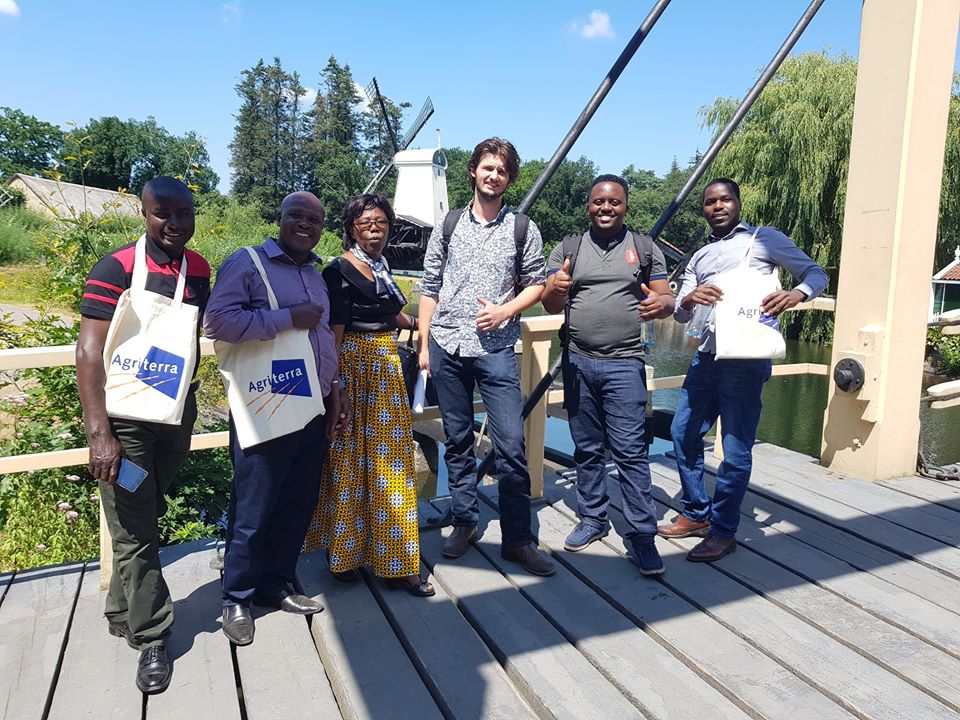
What is the innovation you believe the most in, in the agricultural industry?
K.B. : Technological advances that can boost productivity always have been and always will be key to the agricultural industry. Innovations in productivity have helped to increase incomes for hundreds of millions of farmers, allowing them to overcome poverty and transition from working in agriculture to other employment. Most people in developed countries, for example, work in other industries and still have all of the high-quality food they need produced by a decreasing number of farmers.
However, technological change does not happen quickly and happens when farmers organize in cooperatives. Then, farmers start to drive the structural transformation of an economy. There is a causal relationship between farmer organization and economic development.
By establishing processing plants and service entities, for example, they create an employment path other than farming for their children. By organizing, they create an enabling environment for government, social groups and companies to efficiently communicate, liaise and work with them as a group. And, farmers’ cooperatives are in a stronger position than individual farmers to co-invest in education, research and extension.
Hence, farmer organization is the most promising innovation in the agricultural industry.
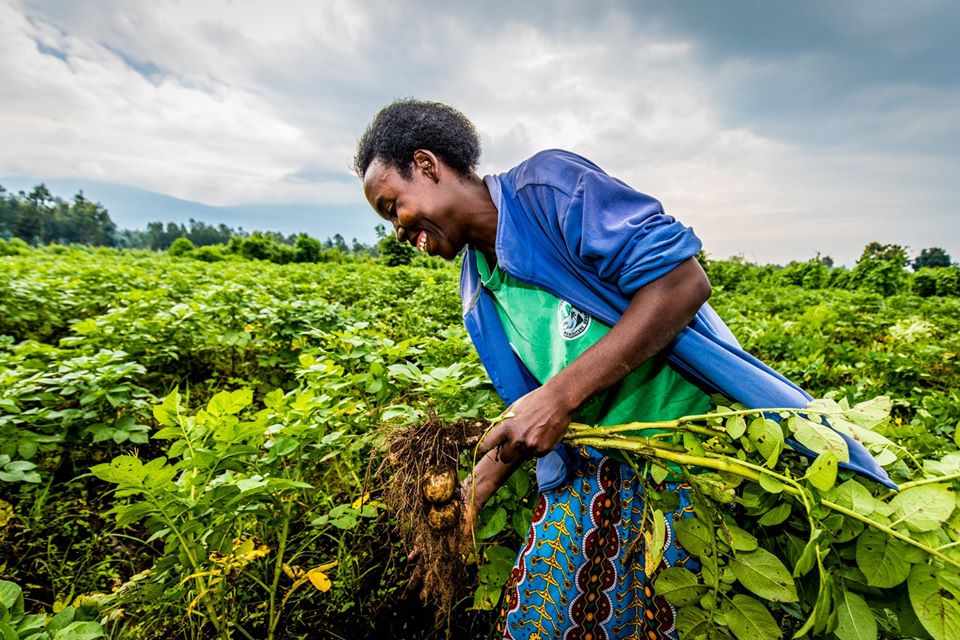
Agriterra, international specialist in cooperative development and the Danish Agriculture and Food Council (DAFC) / SEGES will be working together on sustainable intensive agricultural production as a solution to the climate challenge.
Kees Blokland, managing director of Agriterra: “Farmers are at the heart of successful and resilient countries. This is why we want to connect Dutch and Danish top notch knowledge to farmers worldwide.” Photo credits: Agriterra
What do you think about the development of agriculture in some underdeveloped countries?
K.B. : There are big challenges for agriculture in developing countries. Farmers need to drive the same structural transformation of an economy as has happened in developed countries in the Americas, Europe and Asia. Yet they face the additional challenges of doing so with much larger population growth, fewer opportunities for emigration, and societal limitations on environmental, climate and nutritional demands.
Even the most efficient and effective agricultural technology is not able to meet the current challenges in developing countries. Therefore, taking agricultural intensification to a new level, and combining it with agro-industrialization and reforestation can solve these challenges.
Organization of farmers will also prove to be a key solution in developing countries. Cooperatives create investment opportunities via remittances from family members who have emigrated and from public and private investors. They enable linkages with peers on other continents who, for the first time in history, are prepared and have the opportunity to advise, train, exchange ideas, transfer knowledge and co-create new technology with Latin American, Africa and Asian farmers.
By organizing, they can leverage communication technology to take farmer organizations to the next level, by utilizing both physical and virtual forms of communication to connect with peers around the world.
In relation to our Shape Your Future video series, I would like to ask you one more question, in fact the one to top them all and to guide all of us:
“How do you shape your future?”


